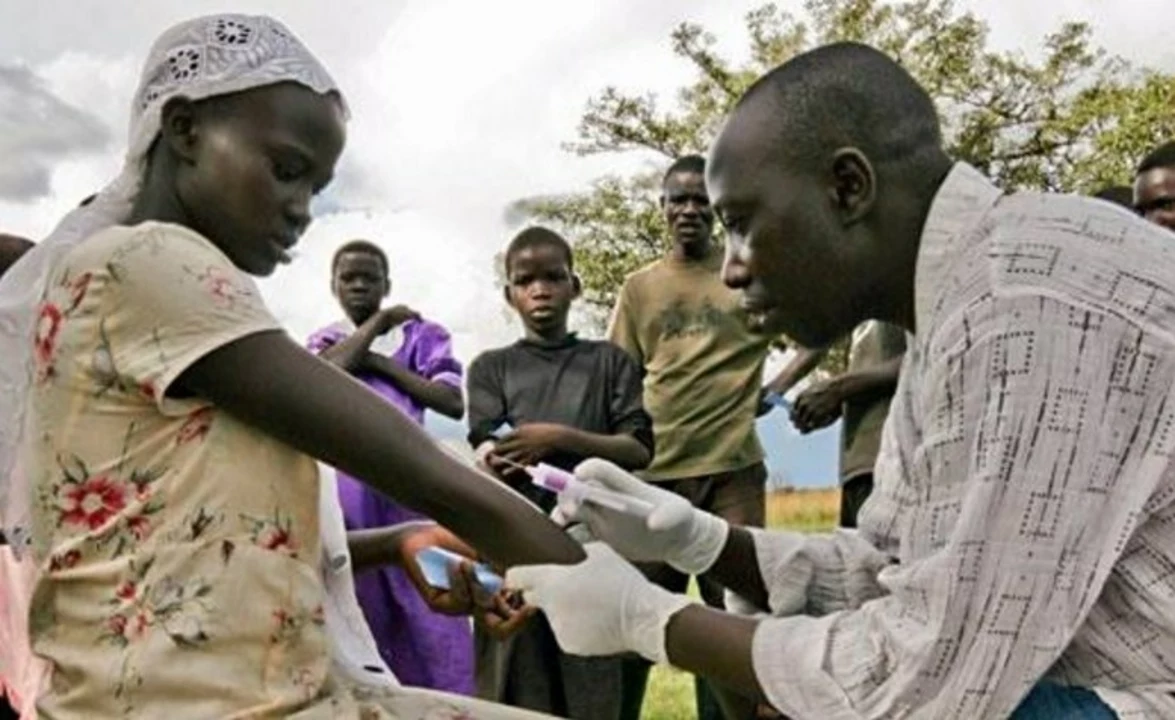Humanitarian aid: how to help safely with meds and supplies
When a crisis hits, most of us want to help fast. Sending medicines or money can save lives, but doing it badly creates problems. This guide tells you what works, what to avoid, and how to make your help count—especially when it comes to prescription drugs and health supplies.
Pick the right way to give
Giving cash to vetted organizations is usually the fastest and most useful option. Organizations on the ground know what they need, can buy local supplies quickly, and avoid customs delays. If you prefer to donate medicines or supplements, first check with a trusted charity. Many groups do not accept unsolicited drugs because of safety, storage, and legal rules.
Choose charities with transparent records. Look for annual reports, photos from field work, and reviews from charity watchdogs. Contact them and ask how they handle shipping, storage, and expiry dates. Small local groups can help, but in big emergencies established NGOs often move supplies faster.
What to send — and what not to
Safe items include sealed, unexpired over-the-counter meds, bandages, rehydration salts, sterile gloves, and basic first-aid kits. For prescription drugs, only send when a charity explicitly requests a specific item and confirms how it will be dispensed. Never send controlled substances, partially used bottles, or medicines past their expiry.
Temperature-sensitive items like insulin and vaccines need cold-chain logistics. Don’t send them unless the organization has proper refrigeration and experience. Supplements can help, but prioritize essential medicines and supplies that treat dehydration, infection, pain, and bleeding.
Label everything clearly and include lot numbers and expiry dates. Pack items in sturdy boxes with a contents list. That helps customs and speeds delivery to patients.
Shipping internationally brings rules. Customs can block medicines if paperwork is missing. Ask the charity or a logistics partner about import permits, documentation, and local regulations. When in doubt, give money or buy supplies through the charity’s purchasing channels.
If you’re volunteering on the ground, get medical clearances, appropriate vaccinations, and basic training in humanitarian safety. Respect local health workers and follow the charity’s protocols. Short visits can be useful, but long-term impact usually needs sustained commitment and local partnerships.
Also, track your donation. A responsible charity will provide updates, receipts, and stories of impact. If you don’t get clear feedback, follow up or consider redirecting future gifts elsewhere. Your time and money matter—spend them where they actually help people survive and recover.
If you’re in Canada and want to donate meds, talk to your pharmacist first. They can advise on safe disposal, legal limits, and how to transfer prescriptions. Some pharmacies run medicine take-back programs; others partner with charities to source bulk supplies legally and ethically.
Small actions add up. Share verified charity links on social media, set up monthly support, or donate specific kits when agencies publish lists. Even simple steps—like checking expiry dates before giving or choosing certified courier services—reduce waste and get help to people faster. Act with care.
Ivermectin in Humanitarian Aid: Addressing Parasitic Infections in Crisis Situations
I recently came across the topic of Ivermectin in humanitarian aid and its vital role in addressing parasitic infections in crisis situations. As a powerful anti-parasitic drug, Ivermectin has proven to be a game-changer in tackling diseases like river blindness and elephantiasis in vulnerable populations. In disaster-struck areas, where people often face unsanitary conditions, the need for such medications is even more crucial. Ivermectin not only helps in reducing the transmission of these infections but also significantly improves the quality of life for those affected. It's truly inspiring to see the positive impact of this drug in such challenging circumstances.
- View More
- 20

